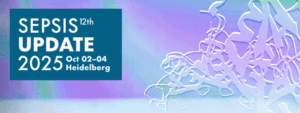-
Genetic Predisposition to the Mortality in Septic Shock
Continue reading →: Genetic Predisposition to the Mortality in Septic ShockA recent publication by a research group around D. Payen sheds light on genetic factors associated with increased mortality risk in septic shock. Besides, environmental factors and comorbidities, genetic predisposition plays a key role in regulation of the host response to infection. By genome-wide association studies, several genes associated with…
-
The COVID-19 pandemic in historical context
Continue reading →: The COVID-19 pandemic in historical contextThe world currently experiences unprecedented research efforts to fight the COVID-19 pandemic. A recent paper of the EGIS members J-M Cavaillon and MF Osuchowski in the Journal of Intensive Medicine puts this process into historical context by comparing the current pandemic to previous pandemics and sepsis. In particular, the paper…
-
Podcast – COVID-19: Pathophysiology and phenotypes
Continue reading →: Podcast – COVID-19: Pathophysiology and phenotypesDr. Ignacio Rubio discusses the pathophysiology and phenotypes of COVID-19 in a podcast, accompanying the recent review on “The COVID-19 puzzle” in Lancet Respiratory Medicine.
-
The COVID-19 puzzle: deciphering pathophysiology and phenotypes of a new disease entity
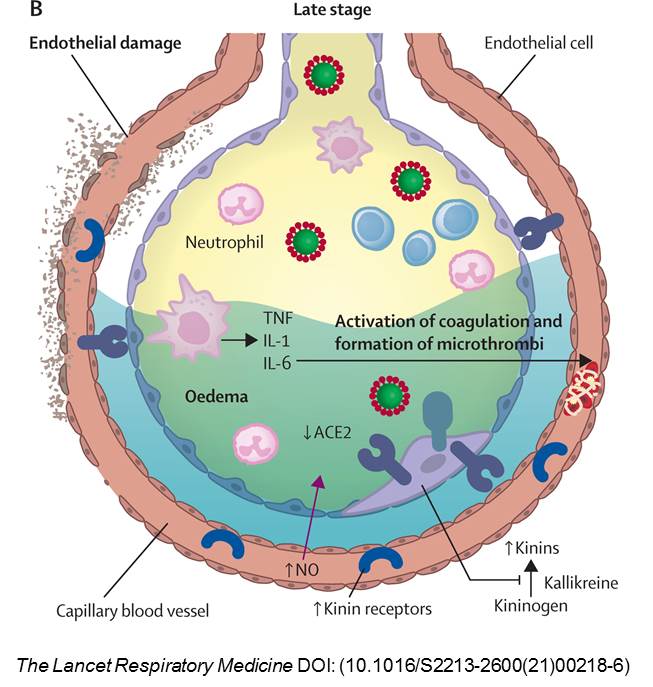 Continue reading →: The COVID-19 puzzle: deciphering pathophysiology and phenotypes of a new disease entity
Continue reading →: The COVID-19 puzzle: deciphering pathophysiology and phenotypes of a new disease entityWhereas the epidemiology of COVID-19 has dominated the news for months, knowledge of the pathophysiology of the disease remained largely in the background, despite the apparent clinical intricacies of multiple COVID-19 phenotypes. In a recent review published in Lancet Respiratory Medicine, the European Group on Immunology of Sepsis (EGIS) critically…
-
Open PhD position in Essen, Germany
Continue reading →: Open PhD position in Essen, GermanyThe Research Group ‘Immunology Sepsis/Trauma’, headed by Prof. Dr. rer. nat. Stefanie Flohé, at the Department of Trauma, Hand, and Reconstructive Surgery, University Hospital Essen, is currently recruiting a PhD student (m/f/d) focusing on immunology within the DFG-funded Research Training Group 1949 “Immune Response in Infectious Diseases – Regulation between…
-
Pasteur course – innate immunity and infectious diseases
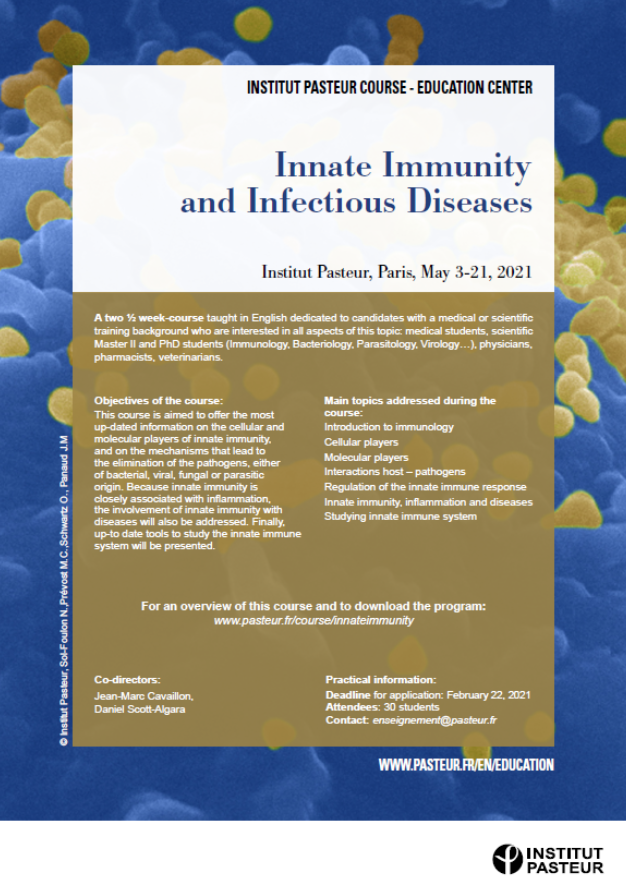 Continue reading →: Pasteur course – innate immunity and infectious diseases
Continue reading →: Pasteur course – innate immunity and infectious diseasesThis two and half week long course, which will take place from May 3, 2021 to May 21, 2021, offers lectures on the players and on the mechanisms of the innate immune system and inflammation involved in the defense of the host against pathogens. It also offers lectures on the…
-
Sepsis 2020: linking Experts in Sepsis
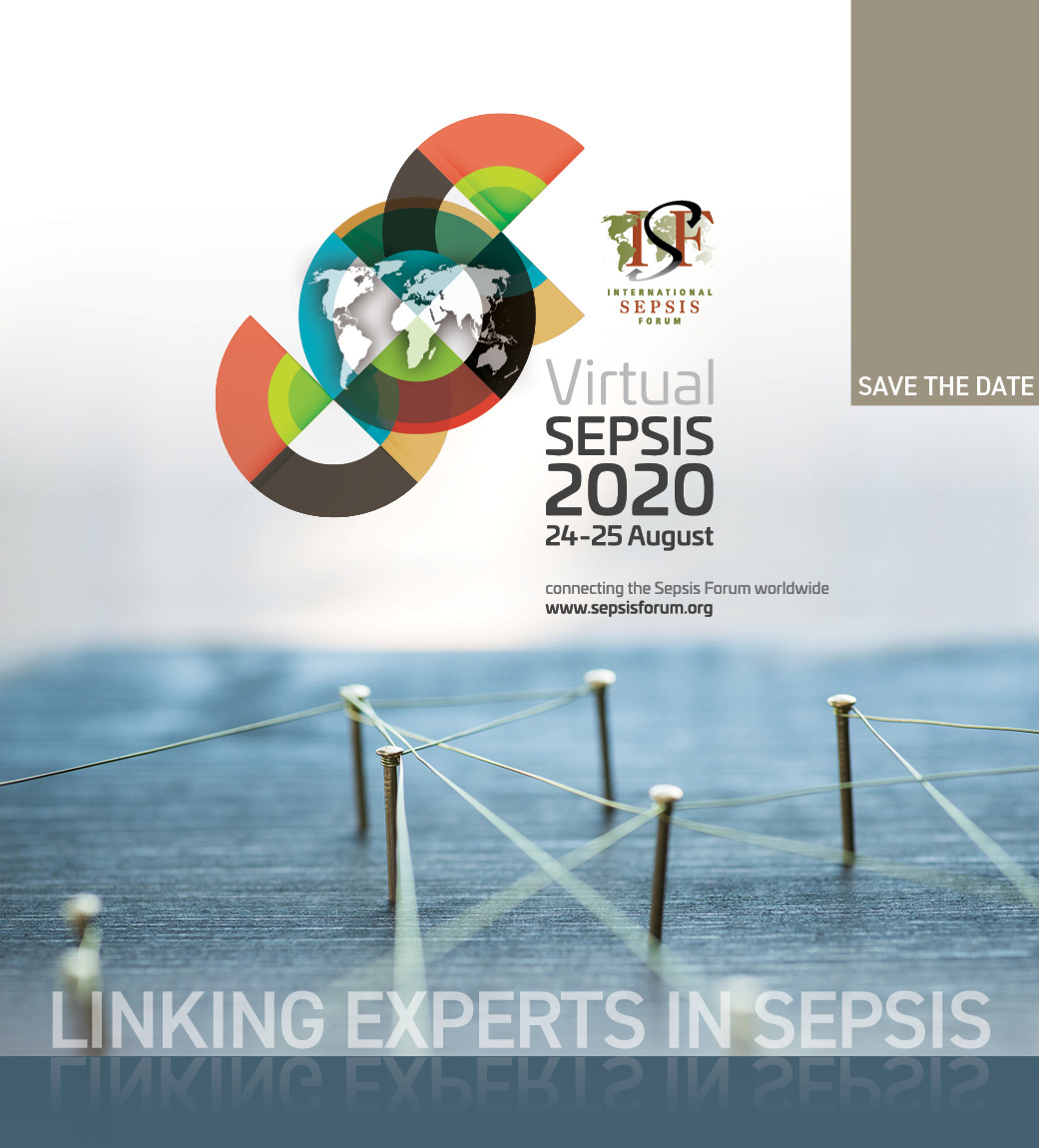 Continue reading →: Sepsis 2020: linking Experts in Sepsis
Continue reading →: Sepsis 2020: linking Experts in SepsisThe Sepsis 2020 Symposium, organized by the International Sepsis Forum, will address the diagnosis, epidemiology, science and clinical management of sepsis, including COVID-19. Sepsis 2020 will be a 2-day virtual meeting, from 24 to 25 August 2020. “In response to the COVID-19 pandemic Sepsis 2020 has been reimagined to provide…
-
Seroprevalence of SARS-CoV-2 antibodies in a quarantined community after a COVID-19 outbreak
Continue reading →: Seroprevalence of SARS-CoV-2 antibodies in a quarantined community after a COVID-19 outbreakThe small community of Neustadt-am-Rennsteig near Jena experienced an outbreak of SARS-CoV-2 in March 2020. Weis et al. conducted a population-based cohort study with 71% of the village population on COVID seroprevalence six weeks after the outbreak, including mandatory PCR testing for all residents. About half of the subjects with…
-
Sepsis therapies – learning from decades of translational research
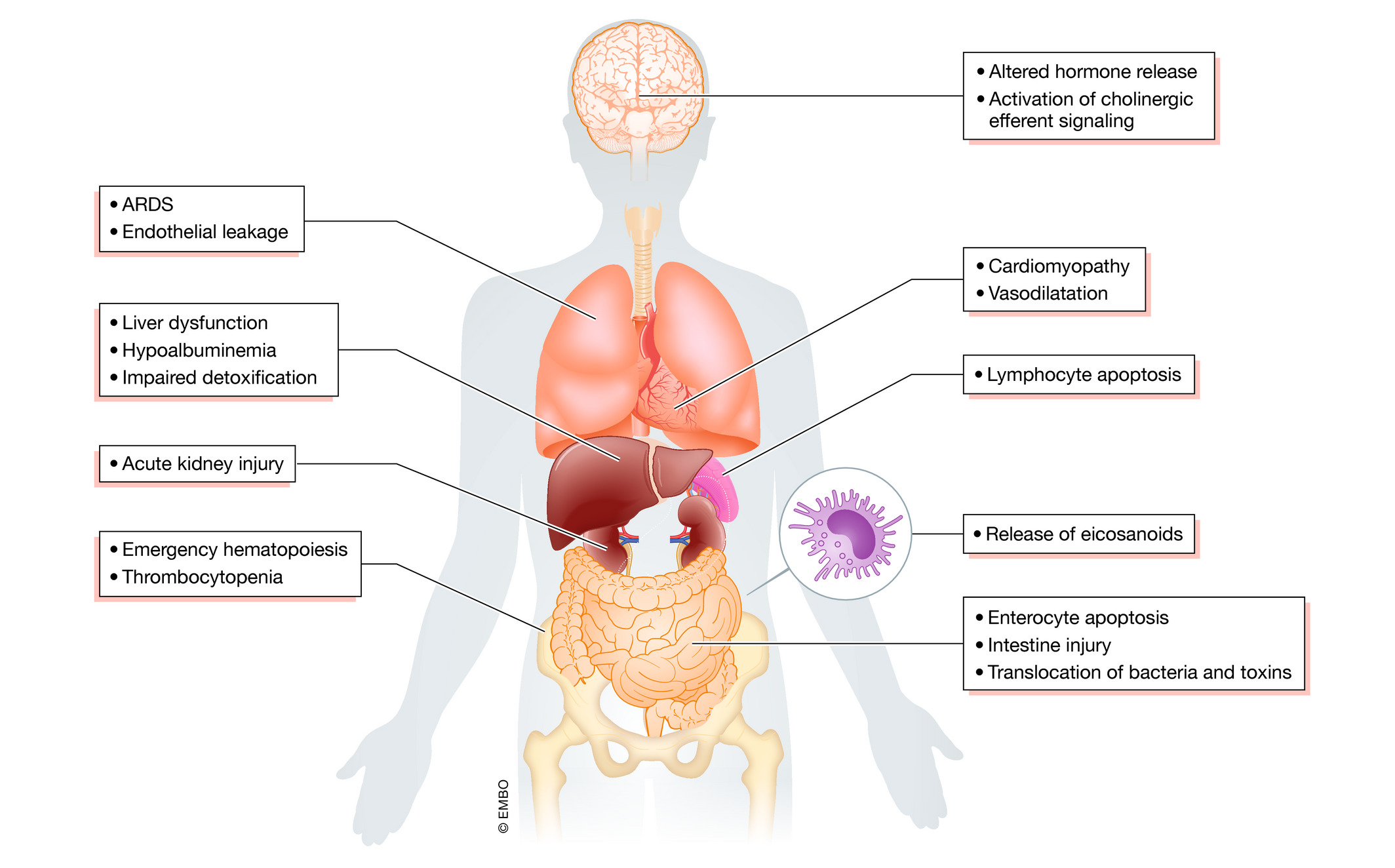 Continue reading →: Sepsis therapies – learning from decades of translational research
Continue reading →: Sepsis therapies – learning from decades of translational researchThree decades of sepsis research resulted in major progress in understanding the underlying pathophysiology. However, these successes have been thwarted by failing translation to sepsis therapies. J-M. Cavaillon and colleagues recently provided a comprehensive review on current knowledge, lessons learned from failing trials and novel approaches. Cavaillon J-M, Singer M, Skirecki…
-
Homeopathy for sepsis treatment
Continue reading →: Homeopathy for sepsis treatmentBavarian regional parlament has most recently voted for a large, long controversially debated homeopathy study for sepsis treatment, see link below (in German!). Seems like clinical sepsis research will not stagnate any longer…. and rather move backwards. I. Rubio ZEIT ONLINE: Bayerischer Landtag stimmt für umstrittene Homöopathie-Studie (7. Nov 2019)
Published by
on

